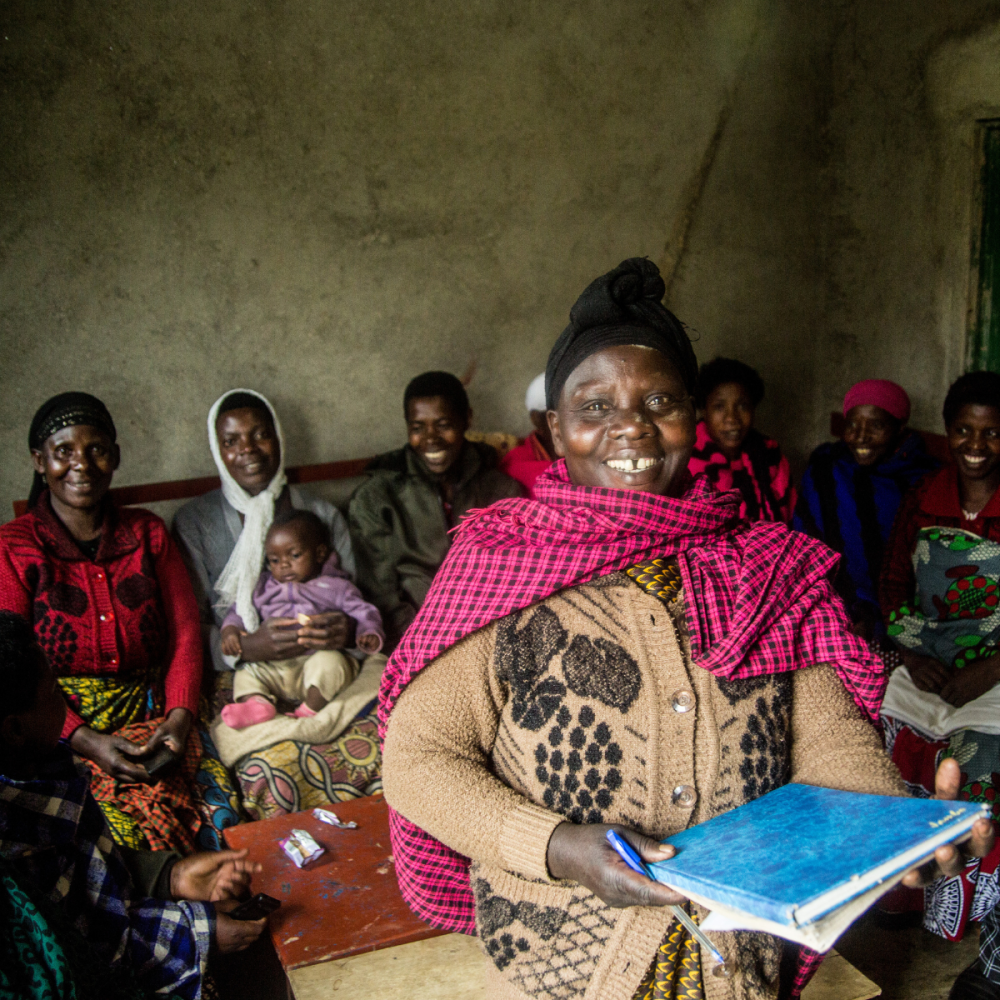|
Getting your Trinity Audio player ready...
|
By Heifer International
September 8 is International Literacy Day, a day to recognize the importance of literacy as a matter of dignity and human rights. Around the world, more than 770 million people lack basic literacy skills, most of whom are women and people in rural areas.
At Heifer International, we offer learning opportunities in areas where education is lacking to help smallholder farmers transform their lives. Because for families we work with, literacy is more than the ability to read and write. It’s building the skills required for survival, dignity, equality and resilience.
A Look at Literacy: How Heifer Supports Transformative Learning
Leveraging Community
Heifer partners with farmers to build and strengthen community-based groups, such as self-help groups and farmer-led cooperatives, in which producers come together and engage in learning financial management, enhancing production capacity, building market connections and establishing profitable businesses.
Adapting Resources
Working with a diverse group of communities means addressing disparities, prejudices and restrictive sociocultural barriers. Heifer adjusts its lessons to connect learners’ unique cultures, languages and experiences with the desired knowledge and skills — building a dynamic, interactive and inclusive learning environment.
Transforming Platforms
Access to education, both formal and informal, plays a key role in ensuring lifelong learning for youth and adults. Digital literacy platforms can bridge physical distances and help people advance their learning journeys when a traditional classroom setup is out of reach.
We acknowledge that expanding the concept of literacy to include holistic and cross-sectoral approaches builds safe, inclusive and dynamic spaces for lifelong learning and ensures steady progress toward a future full of opportunity, possibility and hope.
Breaking the Cycle of Illiteracy: One Family’s Gender Reckoning
Like a sizable portion of girls in India, Devi lacked access to schooling and faced restrictive gendered social norms. But connecting with a Heifer India project dramatically altered her and her family’s life — in more ways than one.
Now, she is providing for her family and putting her newfound income toward her daughters’ education.
“There is a saying: ‘If you educate a girl, you are educating two families. Because the girl can educate her immediate family, and, when she grows up and gets married, she also educates a family of her own.”
Against the Odds, Heifer Team Sends Girls to School
Heifer’s employees are deeply committed to the communities we serve, and our team in Nepal is one inspiring example of this dedication.
The Heifer Nepal team realized early on that the challenges women face in adulthood are deeply rooted in the education disparity of girls and, in 2000, initiated a program to voluntarily contribute a part of their salary every month to support the education of girls from its project sites.
The program provided necessary materials, like backpacks, school uniforms and stationery, to keep each recipient in school for a year. It has continued in small numbers year after year and, with the help of additional donors, hit a milestone in 2022 — supporting nearly 400 girls.
How Does Hunger Affect Learning?
Every year, millions of students face hunger that threatens their development, learning and future potential.
Heifer International addresses child hunger at the root, providing support that helps families put more diverse, nutritious food on the table.
“The simple issue is the full potential that they have gets compromised because of the kind of food they eat,” said Neena Joshi, Heifer’s senior director of programs — cooperative development for Asia.






